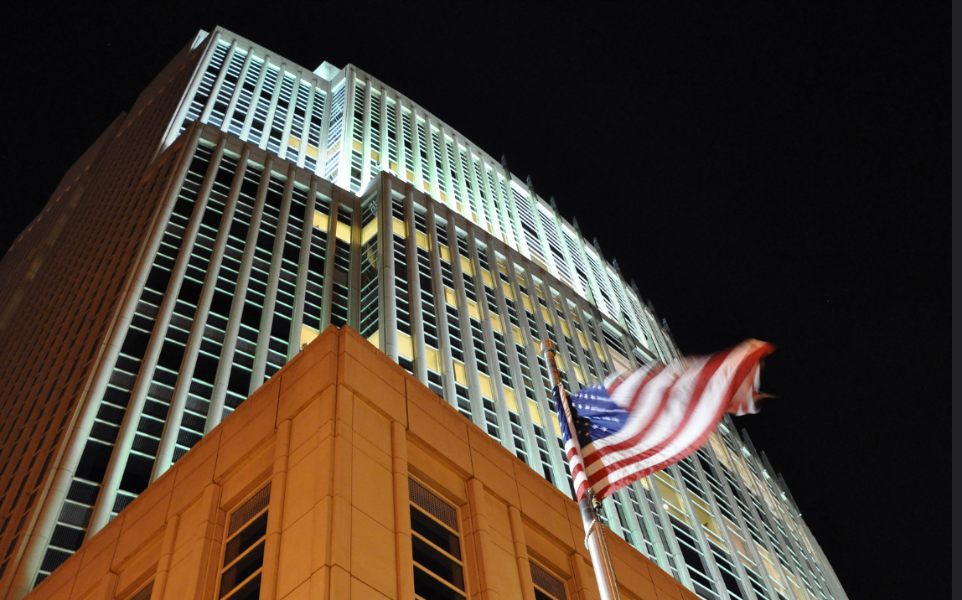Supreme Court Rules in Jawboning Case
Published by The Lawfare Institute
in Cooperation With

On June 26, the Supreme Court ruled six-to-three that the individuals and states challenging the government’s practice of “jawboning”—pressuring social media platforms to moderate content—lack standing. Justice Amy Coney Barrett writes in the Court’s majority opinion, “The plaintiffs, without any concrete link between their injuries and the defendants’ conduct, ask us to conduct a review of the years-long communications between dozens of federal officials, across different agencies, with different social-media platforms, about different topics. This Court’s standing doctrine prevents us from ‘exercis[ing such] general legal oversight.’”
The case concerned the government’s authority to communicate with social media platforms about removing purportedly harmful content—here, material ranging from anti-vaccine punditry to falsehoods about the 2020 election—from these platforms. It arrived at the Supreme Court after the U.S. Court of Appeals for the Fifth Circuit affirmed an injunction forbidding federal agencies under the First Amendment from forcefully encouraging social media platforms to limit the spread of content on their platforms. The central question facing the Court was whether the government’s conduct amounted to pressure on the platforms, which is permitted, or coercion of them, which is forbidden.
See Lawfare’s previous coverage analyzing the oral arguments in the case.
You can read the opinion here or below.





